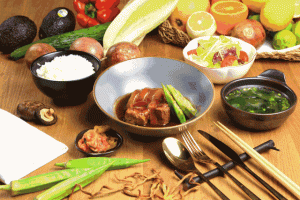
Many people’s way to lose weight stops at an accidental indulgence after a long-term diet.
You, who originally made a strict diet plan, didn’t resist the temptation of delicious food and agreed to your friend’s dinner invitation… So far, all your previous efforts have been wasted and the switch to eat and drink has been restarted.
After a period of time, you suddenly awakened and began more strict diet management, and then lost control again. Just like this, the cycle is repeated.
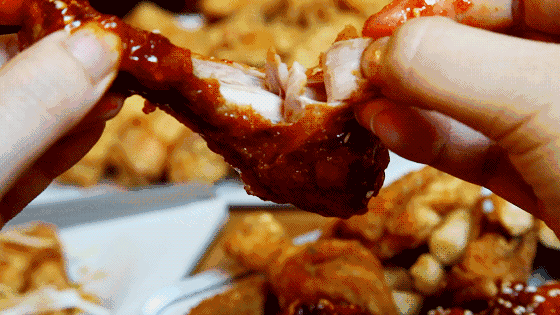
Will this big meal really make people fat? How to minimize the risk of obesity?
Live test: a big meal won’t make you fat
A study was published in the American Journal of Physiology-Endocrinology and Metabolism. Eight healthy young men were asked to eat about 1000 Kilo calorie food for five days, which was more than usual and more high calorie snacks such as potato chips, chocolate and sweet drinks.
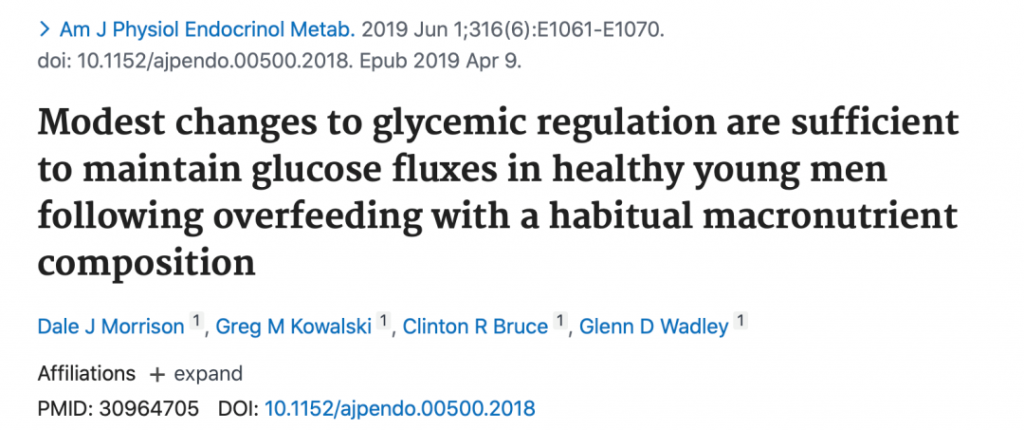
After the 5-day experiment, although the visceral fat of the participants increased, the total body weight and body fat did not increase significantly.
Occasionally, if you eat too much at a meal, on the one hand, the body will carry out urgent treatment. Some fat cannot be absorbed, but is excreted with feces; On the other hand, digestion and absorption of these foods will also consume a certain amount of calories.
Therefore, if you indulge in having a “big meal” during the weight loss period, you really don’t have to worry about getting fat.
5 tips to reduce the fat risk after “big meal”
If you’re still worried about getting fat after a big meal, the following methods may reduce your sense of “guilt”.
Having the meal at noon
The metabolism of the human body is good during the day, and there is enough time to digest high calorie food in the rest of day.
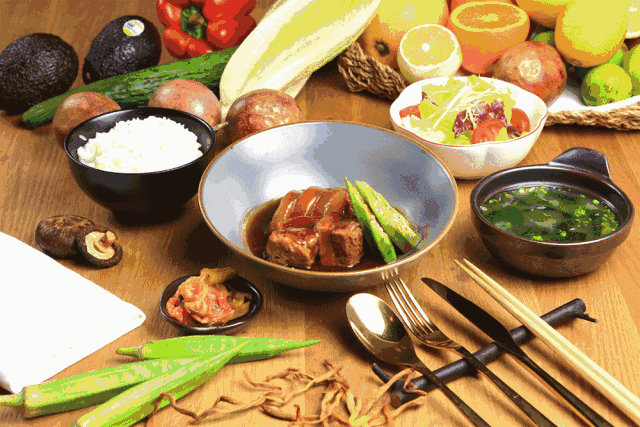
Having extra snacks before meal
30 ~ 60 minutes before dinner, it is recommended to have some snacks with low calories and high satiety, such as yogurt, whole wheat bread and bananas, so as to reduce the intake of subsequent meals.
Adjust meal order
Try to eat low calorie food first and soup before meals, then vegetables and meat, and finally staple food.
Eat slowly
Have every meal for at least 15 minutes. If you don’t chew carefully, the brain hasn’t reminded the gastrointestinal tract to be ready to receive food, and the stomach is suddenly filled, which is easy to cause obesity and digestive and metabolic disorders.
Stand for a while after meal
Stick to stand against the wall for 15 minutes after meal, which can help better consume calories.
Specific method: clamp the hips, and try to stick the head, back, waist and legs close to the wall as much as possible.
One will have effort to lose weight only after getting full.
When it comes to diet during weight loss period, many people subconsciously “eat less”. In fact, to successfully burn off excess fat, eating enough nutrients that help lose weight is the key.
Essential sugars
It is wrong and dangerous not to eat staple food in order to lose weight. Without the necessary glucose, fat cannot burn completely and can only be decomposed into ketones, which are toxic and will cause harm to health.
It is recommended to eat at least 100 grams of carbohydrates a day, equivalent to about 150 grams of rice or wheat (raw weight).
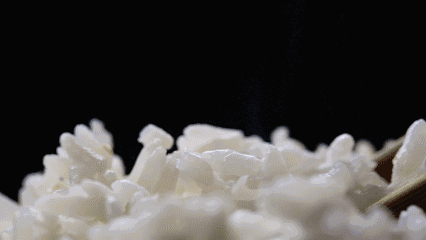
B vitamins
B vitamins are mostly closely related to energy metabolism. They are coenzymes of energy metabolism enzymes. In order to improve the weight loss effect of exercise, it is necessary to enhance the body’s energy metabolism, which requires increasing the intake of B vitamins.
Especially the intake of B1 (thiamine) and B2 (riboflavin) is the premise to ensure vigorous energy metabolism during physical exercise.
Vitamin C
Weight loss is inseparable from exercise. Exercise will produce a large number of reactive oxygen free radicals, which will cause oxidative damage to the body.
Vitamin C is an important antioxidant molecule in the body, which can effectively remove reactive oxygen free radicals and reduce physical injury.
Key mineral elements
◆ Iron: adequate oxygen is required for energy metabolism and fat burning during exercise. Adequate intake of iron can ensure hematopoietic function and oxygen transport.
◆ Zinc: enough zinc can ensure smooth material and energy metabolism during exercise.
◆ Chromium: promote the utilization of energy substances such as glucose, increase muscle growth and fat burning efficiency.
High quality protein
Adequate intake of high-quality protein such as eggs and fish helps to promote the burning efficiency of muscle to fat and improve the weight loss effect of exercise.
“Best weight loss speed” recommended by WHO
Weight loss needs to be gradual. The recommendation of the World Health Organization (WHO) is to lose 0.5 ~ 1kg a week and 1 ~ 3kg a month.
This “uniform speed” of weight loss method has little damage to the body and is not easy to rebound. If you lose weight too fast, it may cause hair loss, depression, fatty liver and other problems.
The general principle of weight loss proposed by WHO is:
Limit energy intake from total fat and sugar;
Increase the consumption of fruits, vegetables, beans, whole grains and nuts;
Exercise regularly, 60 minutes a day for children and 150 minutes a week for adults.
Planned scientific weight loss, the specific methods are as follows:
Control total calories and have a low-fat diet
It is suggested that breakfast accounts for 30% of the calories of the whole day, lunch accounts for 40% of the calories of the whole day, and dinner accounts for 30% of the calories of the whole day.
Limit animal fat in the diet and appropriately increase vegetable oil. It is appropriate to use 20 ~ 25 grams of vegetable oil per person throughout the day.
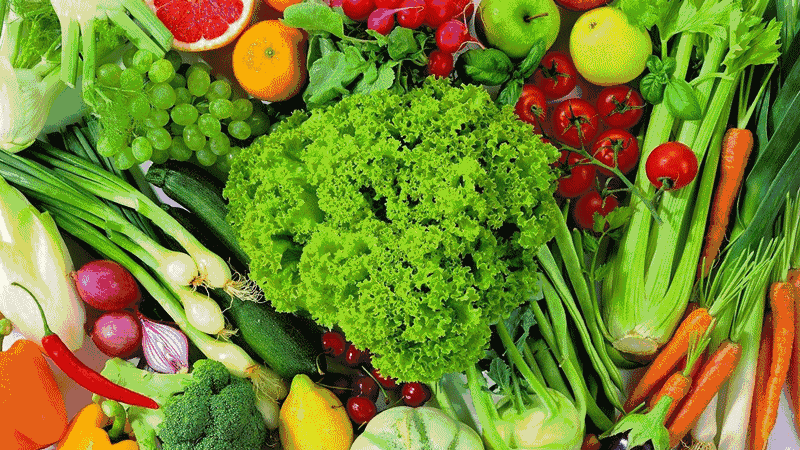
Be moderate for three meals and have light diet
◆ Ensure adequate intake of protein, vitamins and minerals. Focus on the staple food of grain and potato, and pay attention to the thickness matching of staple food and the meat and vegetable matching of non-staple food.
◆ Try to have dinner before 19:30 as far as possible. It’s best not to eat any food after 20:00. If you are really hungry, you can eat some cucumbers and tomatoes as appropriate. Never have a big dinner and eat supper before going to bed.
◆ Appropriately reduce the intake of sodium salt and avoid pickled food. The total daily salt intake is less than or equal to 5g, which is about the amount of one teaspoon (or the amount of one beer cover).
◆ Eat more buckwheat, oats, sorghum, job’s tears and other foods rich in dietary fiber to increase the sense of satiety and reduce the intake of heat energy.
Taking both aerobic exercise and anaerobic exercise moderately
Only focusing on high-intensity exercise is not only difficult to adhere to, but also not conducive to physical recovery.
The combination of anaerobic and aerobic exercise is a better exercise mode:
First do anaerobic exercise (such as sit-up, supine leg lifting, etc.), and then do aerobic exercise (such as fast walking, cycling, swimming, etc.).
Anaerobic exercise lasts for 15 to 20 minutes each time, aerobic exercise lasts for half an hour to 40 minutes, at least 4 to 5 times a week. It’s best to train every day.
It should be reminded that controlling diet and strengthening exercise are the healthiest means of weight loss. If there are no special circumstances or diseases, drugs, surgery and other methods are not recommended.
Comments